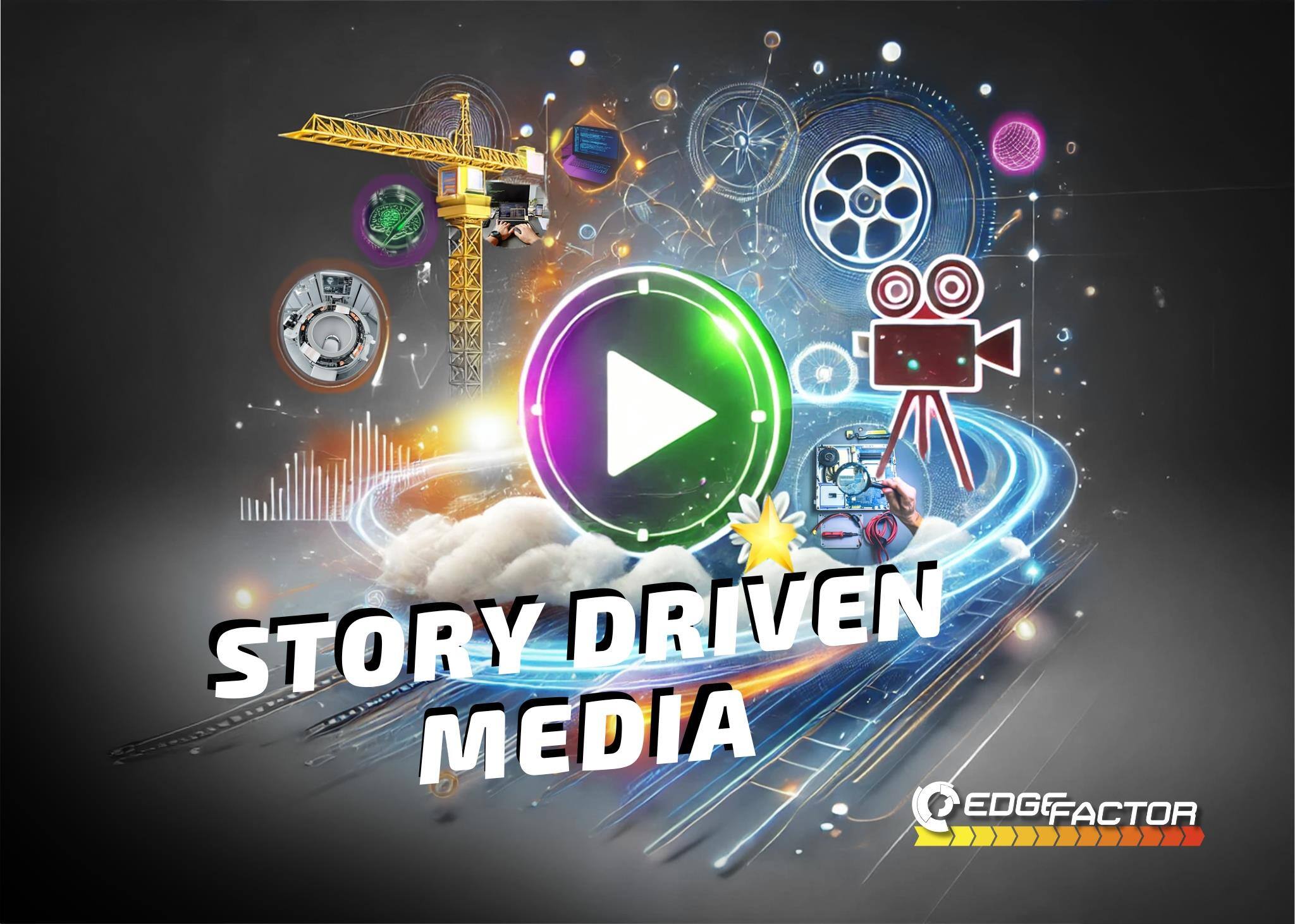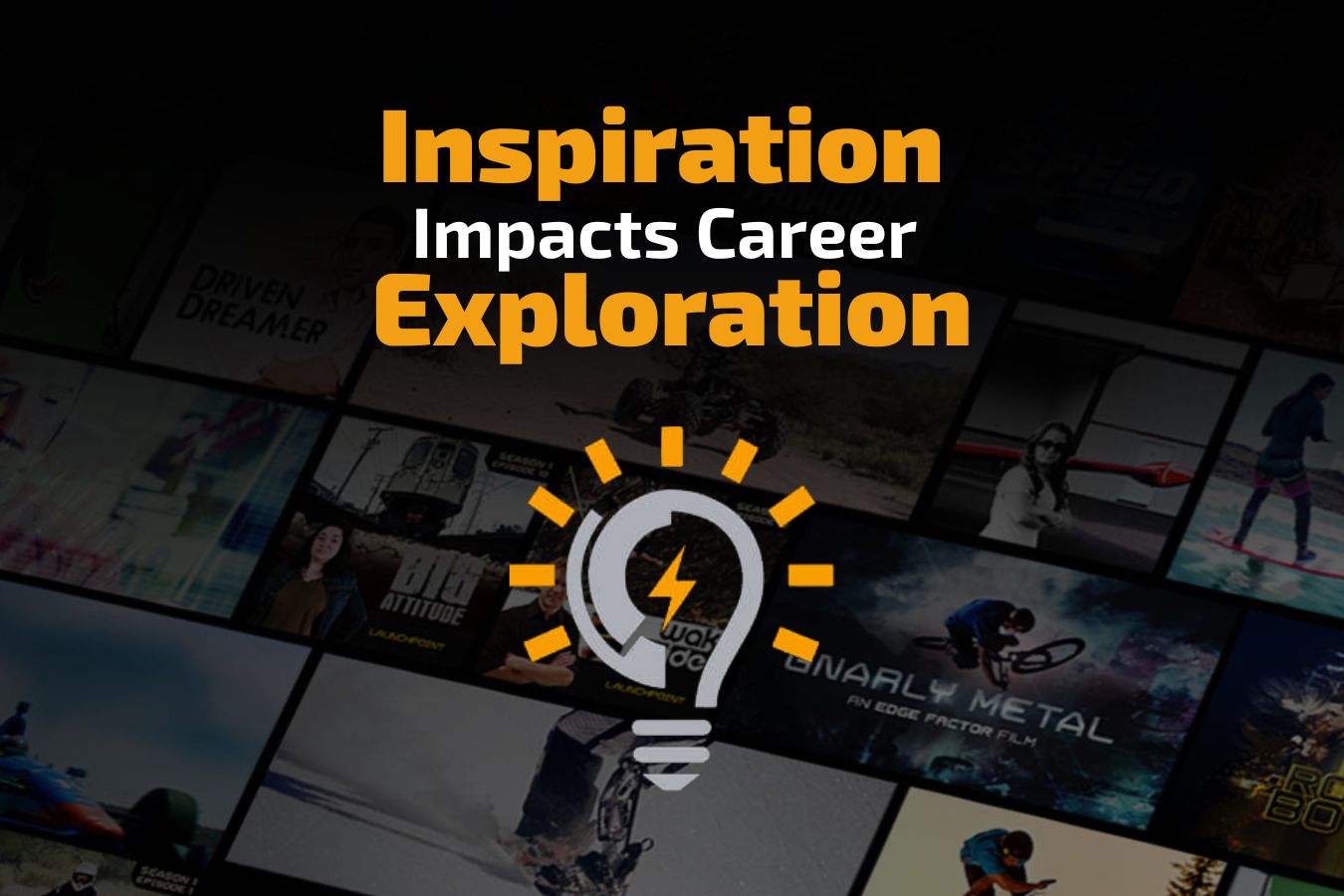.png)
A small crowd had gathered under the lights of TV cameras in a sparse room in Philadelphia in 1997. The man being filmed, chess grandmaster and world champion Garry Kasparov, put his head in his hands: knowing what the crowd had not yet realized. Kasparov resigned the game, but he couldn’t shake his opponent’s hand, because his opponent was the computer Deep Blue. A computer had become better at chess than all the human players in the world.
Exactly twenty years later, thousands of miles away in another room in front of a crowd, a robot with strained, clumsy facial expressions named Sophia became the first robot citizen of any nation on Earth: another leap forward for artificial intelligence.
How can we talk to our students about their future skills, their lives, dreams, and careers while pretending that AI technologies will not affect them? How can we even hope to give them the tools they need to thrive in a future of work when we aren’t even sure what the jobs will look like? Isn’t each person wondering when their own Deep Blue will come along and force us into checkmate?
Check, Not Checkmate: Future Skills That Survive the Test of Time
We’re all apprehensive about losing our jobs to machines, so take a deep breath. There is good news. Parents and teachers and employers want to know what skills young people will need when they face a Deep Blue or a Sophia of their own. We know what skills they’ll need: the same skills people have always needed.
The value of hands-on education and the skilled trades have never been higher. Learning to craft furniture as a carpenter doesn’t just teach you how to build a chair: a machine can do that. Measuring the pieces, sanding the wood, creating a design, working with a team, these are all skills that teach you something about your life, and why you build things in the first place. Besides, it will be a long time before a machine can tell you why a chair is comfortable.
People build things for community, to help others, to feel pride in their achievements, to learn to solve problems. These are all ambitions we can pass on to young people, and these are experiences young people remember for the rest of their lives.
The FREE CTE Month toolkit from Edge Factor allows educators to prepare students for the workplaces of tomorrow by teaching them the skills of today. This month, experience the change and excitement that’s coming to the world and help students experience new and current worlds of work through CTE programs. Teach students skills that never stop being useful.
Are your students aware of CTE career paths?
Engage students and families with our free toolkit, designed to celebrate the value of technical education.
-
Explore the Toolkit: Learn about the CTE Month Toolkit and discover how it can enhance your Classroom, Assembly, or Family Event.
-
Prepare Your Event: Download the comprehensive toolkit and utilize the multimedia resources to plan your engaging CTE presentation.
-
Engage Your Audience: Host your event and inspire students and families with captivating stories and interactive activities that showcase CTE opportunities.
The CTE Month Toolkit is available for free until February 28, 2025, for students, to unlock career possibilities. Captivating career content, featuring a Keynote Presentation, Education Pathway, and Career Profile videos catalyze career inspiration, exploration, and preparation. The kit includes everything you need to host an engaging CTE Month event for students and families.
Get Connected. Stay Connected.
Sign up for the Edge Factor Newsletter and follow us on social media to receive the latest updates on features, events, and initiatives that will help you build the future workforce.
Not an Edge Factor Member Yet?
If you are interested in learning more about what an Edge Factor membership can unlock, create your free account or register for an upcoming live webinar.
Questions? Feedback? Contact us.
Email: info@edgefactor.com or message us on the Live Chat. We’d love to hear from you.


-2.png)
.jpg)
.png)
.png)
.jpg)